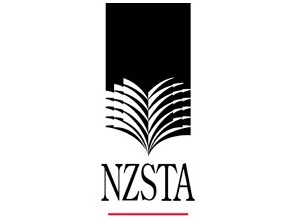
“This view is consistent with feedback received from our membership as part of the sector consultations that formed part of the NZTC review, and with our submission to Select Committee, where NZSTA strongly supported the Introduction of EDUCANZ.”
While teachers and teachers unions may be unhappy about this new body, and in particular the ministerial appointment of EDUCANZ members, NZSTA takes a much wider view that encompasses taking account of boards’ governance and employer role, and encompassing key areas such as lifting the overall status of the profession, higher standards of entry into teaching, the ability to introduce a code of conduct and of course the safety of students,” Ms Kerr said.
“We note that teacher organisations still have the ability to nominate teacher representatives to EDUCANZ, even though they no longer have the right to elect them,” she said. “But this is no different for NZSTA who has also lost the right to appoint a member, and we are happy to do so for greater robustness on teaching quality which we expect to eventuate from the new governing body.”
One of the significant changes is the provision for the introduction of a Code of Conduct, rather than the retention of a “Code of Ethics”, as exists under the NZ Teachers Council. NZSTA supports the introduction of a code of conduct, which is a common practice across professional groups as part of their accountability structure/public good obligations, as well as being common practice across many other organisations, including government, crown entities and private sector.
Codes of Conduct outline what behaviours are acceptable or not, and are increasingly being adopted by boards of trustees at the individual school level as part of their good employer obligations, Ms Kerr said.
“The provision for the introduction of a Code of Conduct by EDUCANZ will bring certainty around the behavioural expectations on teachers, in the same way as it does for other professional groups such as nurses, social workers, and physiotherapists.”
Teaching quality is key to the goal of all students achieving success, and NZSTA is committed to playing its part in ensuring all schools are also effectively governed by a board of trustees whose primary focus is every student achieving their highest possible educational achievement, Ms Kerr said.
The much-delayed English draft curriculum is now out for consultation, generating discussion from teachers.
Research from AUT demonstrates arts, culture and recreation have positive impacts on all aspects of…
How effective has the school phone ban been in achieving its aims? Researchers from the…
School camps and excursions deliver hands on learning experiences, helping to consolidate classroom learning.
Innovations in AV technologies present new opportunities to engage with students. We look at how…
A new report from the University of Auckland’s Our Voices Project asks young people what…
This website uses cookies.